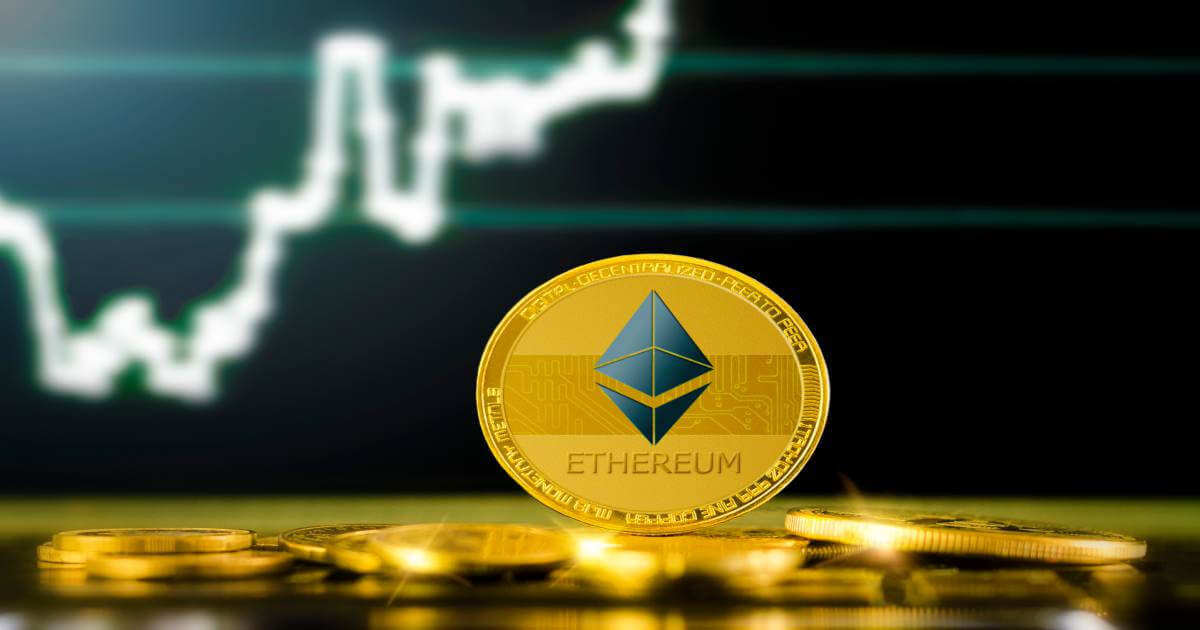Ethereum Foundation Releases Q2 2024 ESP Allocation Update
Caroline Bishop Aug 31, 2024 00:29
The Ethereum Foundation has announced its allocation updates for Q2 2024, focusing on community and education initiatives worldwide.

The Ethereum Foundation has unveiled its allocation updates for Q2 2024, emphasizing a wide array of community and education initiatives across the globe, according to the Ethereum Foundation Blog.
Community and Education Initiatives
Among the notable allocations are several events and programs aimed at fostering blockchain education and community engagement. The Ethereum Foundation has supported the BeerFi Prague Meetups in the Czech Republic, which are technical meetups focused on builders and contract development. Additionally, the Blockchain Course with UNAH in Honduras offers a comprehensive program on cryptocurrency and blockchain in collaboration with the Universidad Nacional Autónoma de Honduras (UNAH).
The Code Africa Hackathon in Nairobi, Kenya, is another significant initiative, encouraging participants to build projects with real-world impact and explore themes such as zero knowledge (ZK), account abstraction, and privacy. In Split, Croatia, the Digital Democracy Day event delved into the future of collaborative technology and plural democracy, with an emphasis on funding journalism and running digital elections.
Global Reach
The Ethereum Foundation's efforts span multiple continents, with programs such as the DWeb Fellowship Program in California, USA, which invites individuals developing technologies that uplift communities facing systemic inequality. Similarly, the eSatya initiative in Nepal aims to support blockchain awareness and community-building efforts through the development of an Ethereum-focused curriculum, meetups, and blockchain sessions.
In Ghana, the ETHAccra hackathon will be accompanied by workshops in several universities to generate interest in Ethereum. Meanwhile, in China, the ETH Beijing Hackathon focuses on public goods, research, and layer 2 (L2) dapps.
Continued Expansion
Further initiatives include the ETHDublin hackathon and conference in Ireland, the ETH Ecuador conference in Quito, and the Ethereum Argentina conference and hackathon in Buenos Aires. Each event addresses various aspects of the Ethereum ecosystem, such as smart contracts, L2s, and security.
Additionally, the Ethereum Chile: Cordillera Connect conference in Santiago will explore topics like staking and scalability. In India, the Ethereum Developer Program offers a free and open-source online Ethereum developer course for students from the Indian Institute of Technology Kanpur.
Cryptography and Zero Knowledge Proofs
The Ethereum Foundation continues to support cryptography and zero knowledge proofs (ZKPs) through various grants. Notable projects include the Anon Aadhaar protocol, which aims to prove ownership of an Aadhaar identity in a privacy-preserving manner using ZKPs on the Ethereum blockchain. Another significant project is the MACI Poll, which revisits voter signup flows to ensure anonymity and mitigate collusion attacks.
Additionally, the mcl/bls Library project supports Ethereum 2.0's BLS signing API, while the MACI Starter Kit provides a framework for developers to build decentralized voting applications.
Protocol Growth and Support
The Ethereum Foundation also focuses on protocol growth and support, including the development of ERC-4337 and other account abstraction initiatives. The Debian Packages project aims to simplify the packaging of different Ethereum nodes for Debian-based systems.
Moreover, the Summer of Protocols program and research effort seeks to catalyze interest in the study of protocols as a first-class concept for understanding the world.
These initiatives reflect the Ethereum Foundation's commitment to advancing blockchain technology and fostering a global community through education and collaboration.
Image source: Shutterstock.jpg)